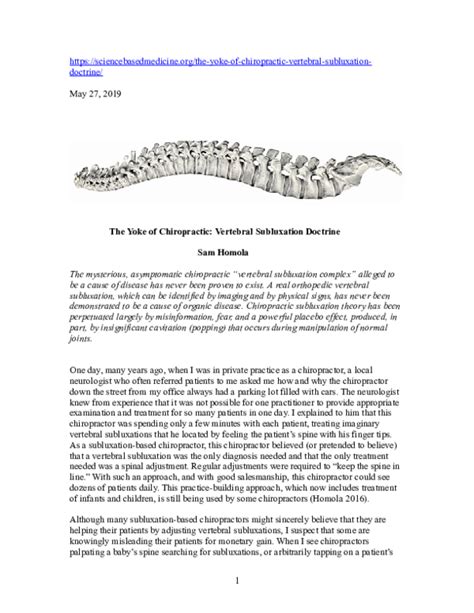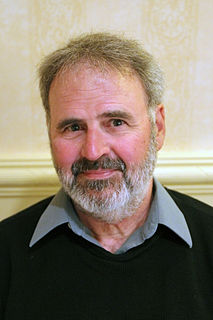A Quote by Priyamvada Natarajan
Evidence-based reasoning underpins all scientific thinking, and it involves testing hypotheses or theories against data. Validating a theory requires replicable measurements from independent groups with different equipment and methods of analysis. Convergence of evidence is critical to the acceptance of a scientific idea.
Related Quotes
I wish there was a serious investigation into flying saucers that wasn't conducted by crackpots. Unfortunately nearly all of the people who are interested in them kind of manufacture the evidence to fit the theories rather than the other way around. So it's very hard to find any dispassionate treatment of them. Maybe there isn't any scientific basis in which case that's why you never see any scientific evidence.
The theory that the biosphere was created without evolution, a few thousand years ago, is ruled out by overwhelming scientific evidence. To claim that there are 'alternative (always better) Biblical explanations of the same data', which make creationism a reasonable alternative to our best theories of biology and physics, is appalling intellectual dishonesty.
I have the idea that running shoes are based on a kind of cult idea - that our feet are flawed and we need shoes to correct those flaws. The shoe companies are in the business of selling shoes. But there's no evidence from running shoe manufacturers that they're right. There's no scientific data that running shoes reduce injury.
Neither logic nor scientific evidence supports such a belief. Although spinal manipulation can relieve certain types of back pain, neck pain, and other musculoskeletal symptoms, there is no scientific evidence that it can restore or maintain health. As a result of expressing my opinion on this subject, I have been called a chiropractic heretic.
People sometimes try to score debating points by saying, Evolution is only a theory. That is correct, but it's important to understand what that means. It is also only a theory that the world goes round the Sun - it's just a theory for which there is an immense amount of evidence. There are many scientific theories that are in doubt. Even within evolution, there is some room for controversy. But that we are cousins of apes and jackals and starfish, let's say, that is a fact in the ordinary sense of the word.
To construct a scientific theory from the data and to be able to recognize that it is a reasonable theory is possible only if there are some very sharp restrictive principles that lead you to go in one direction and not in another direction. Otherwise, you wouldn't have science at all, merely randomly chosen hypotheses.
A powerful portfolio of physiological and behavioural evidence now exists to support the case that fish feel pain and that this feeling matters. In the face of such evidence, any argument to the contrary based on the claim that fish 'do not have the right sort of brain' can no longer be called scientific. It is just obstinate.



































